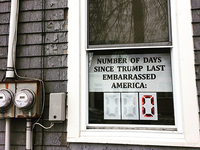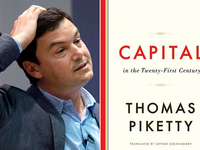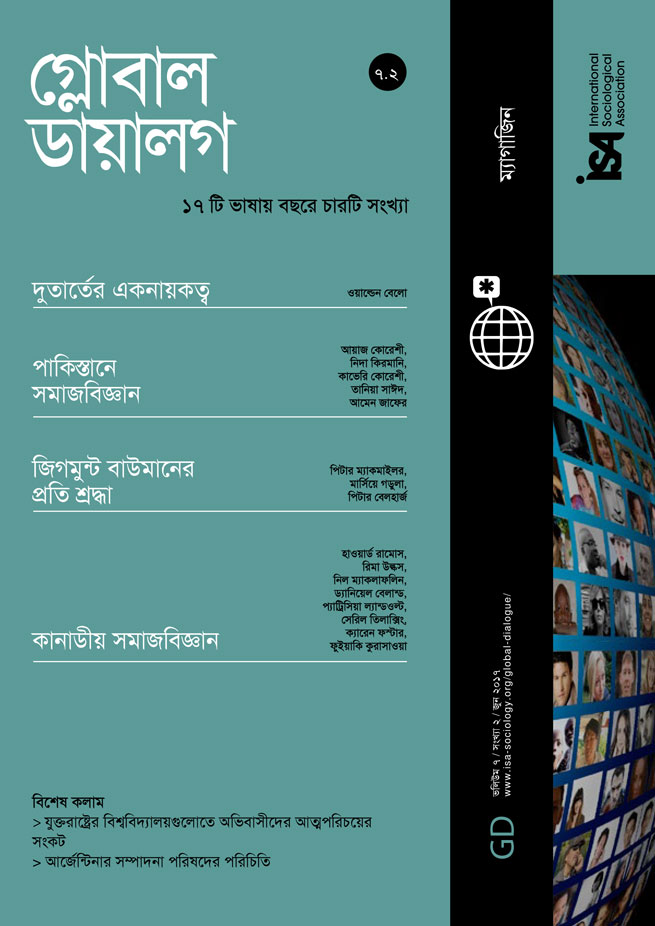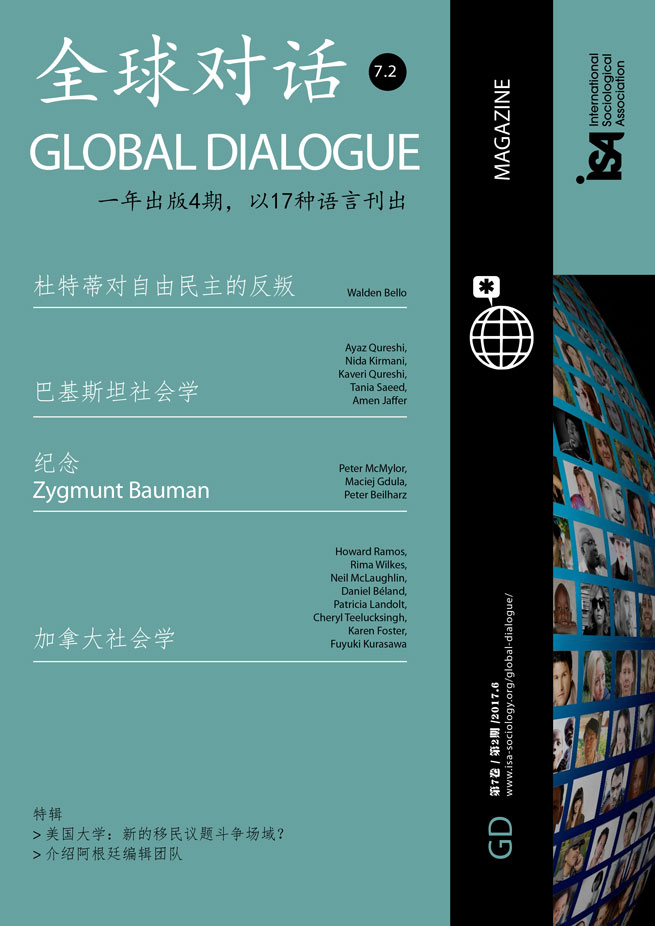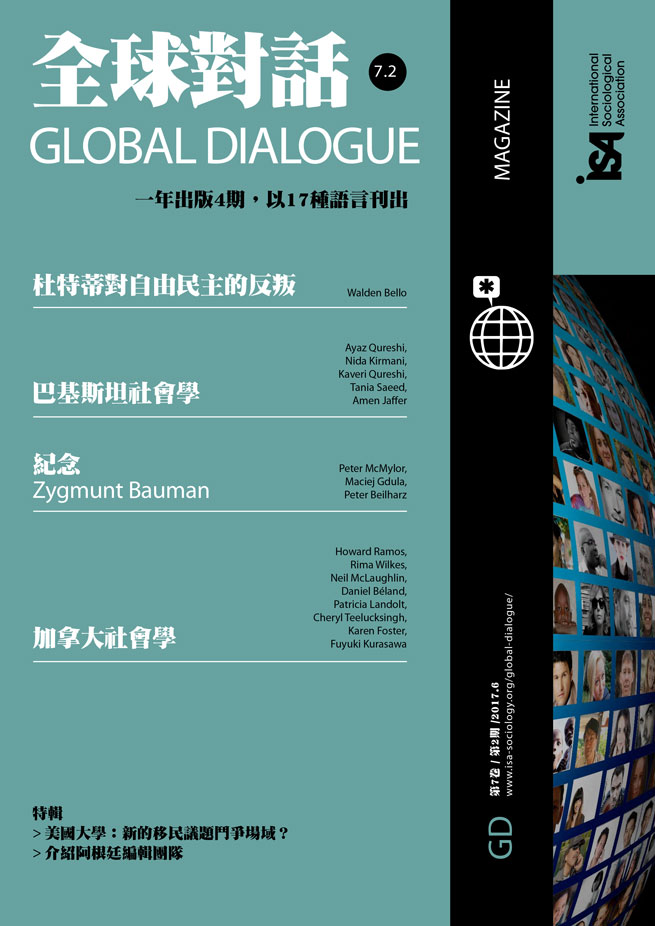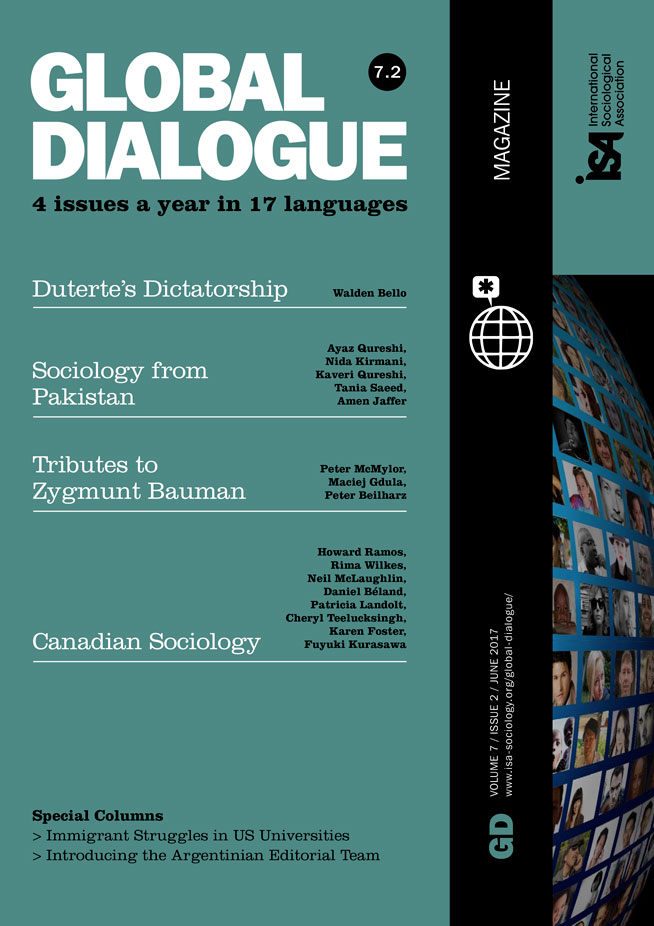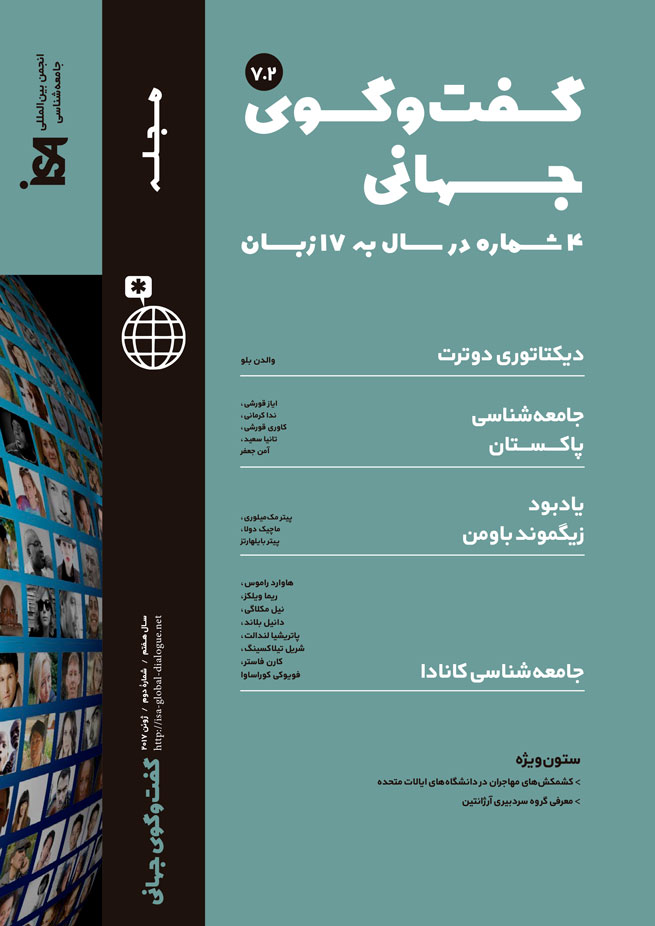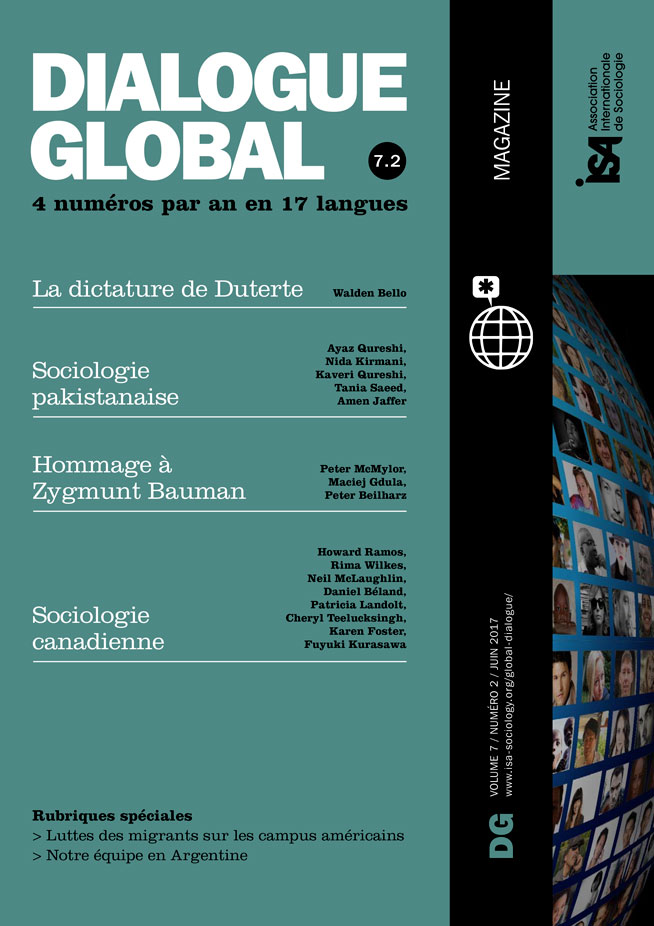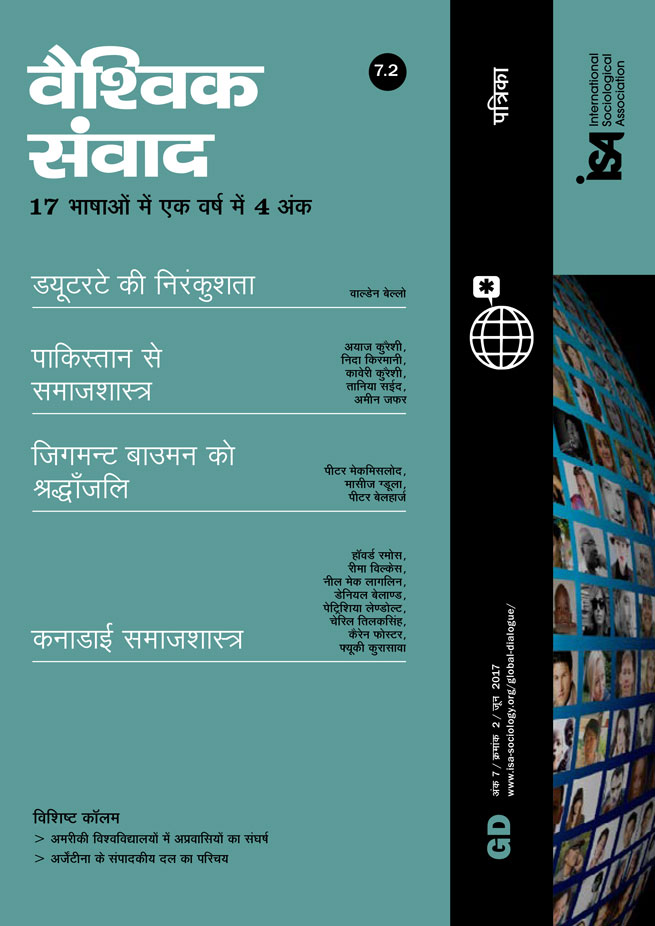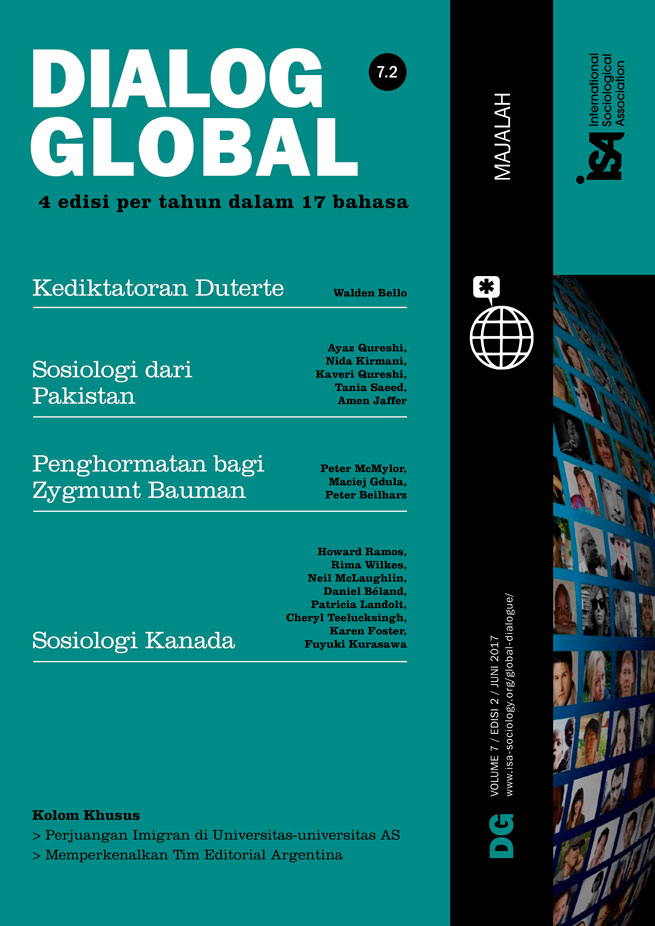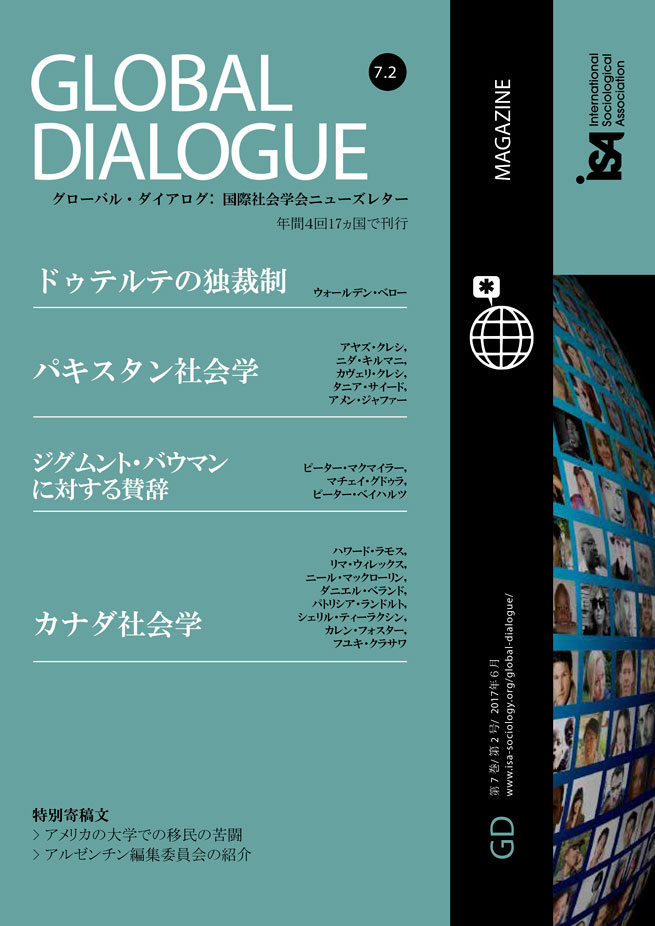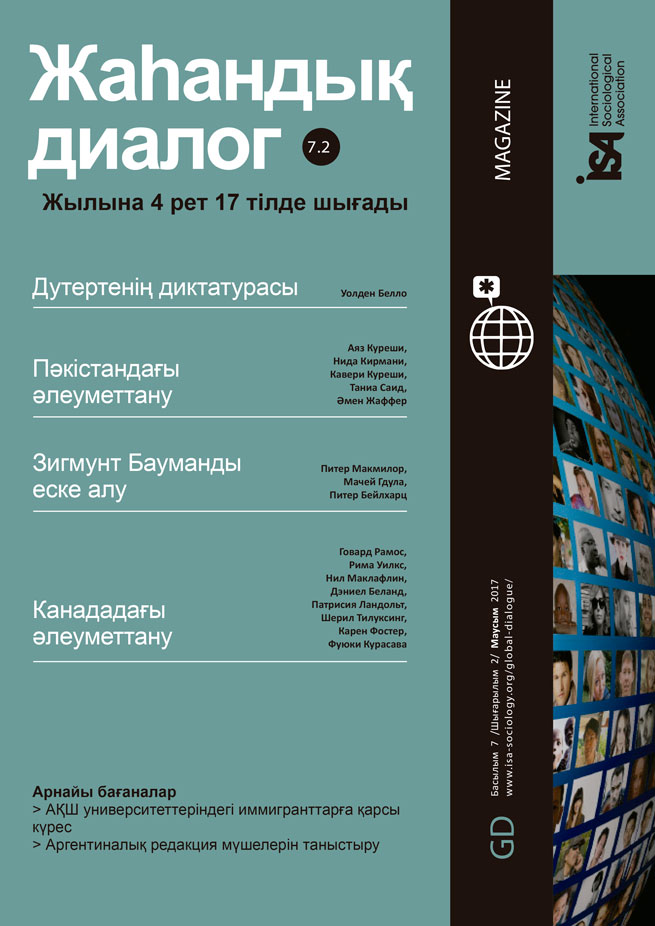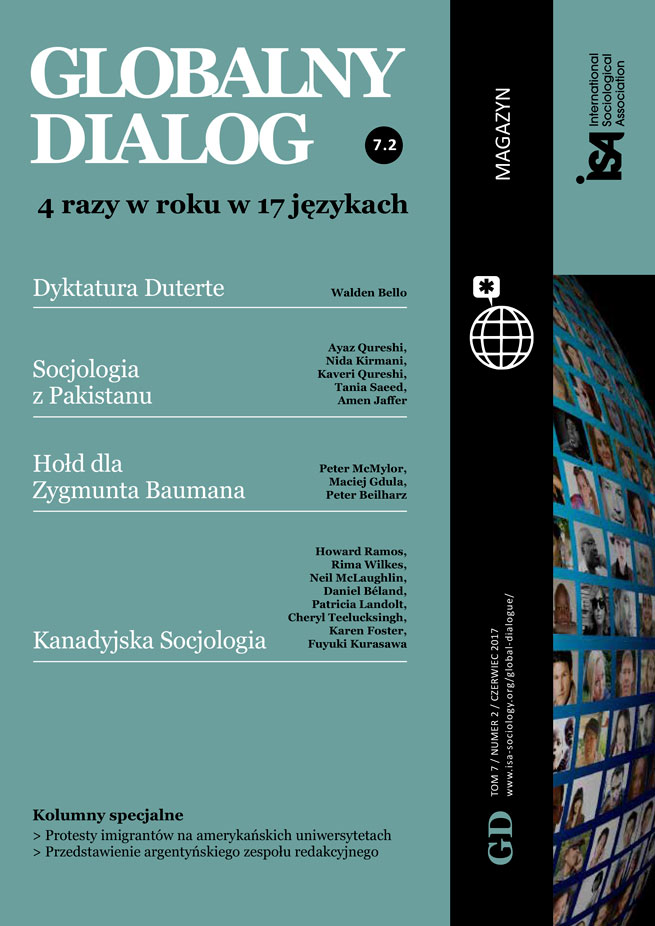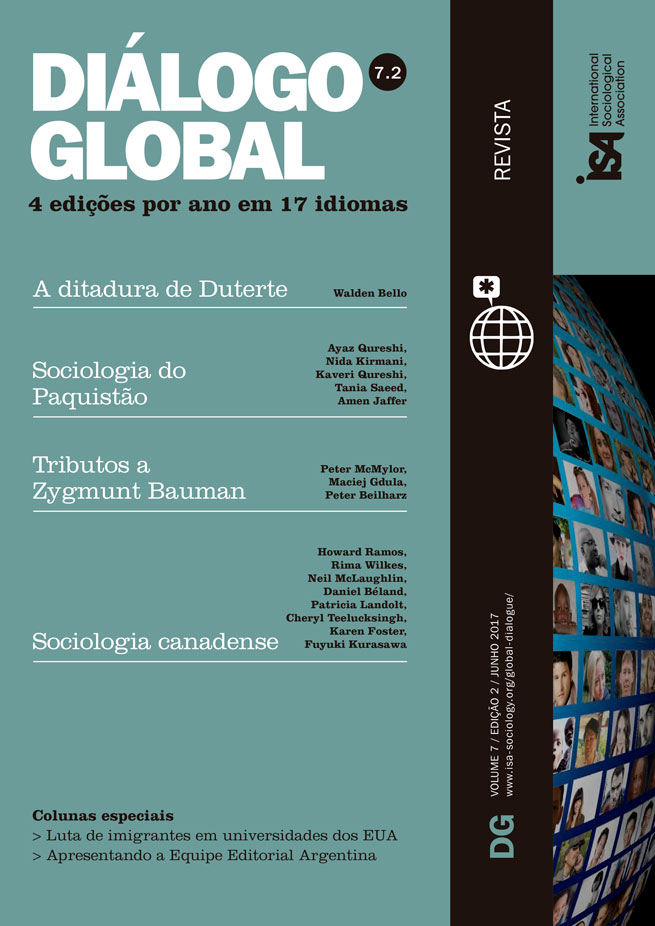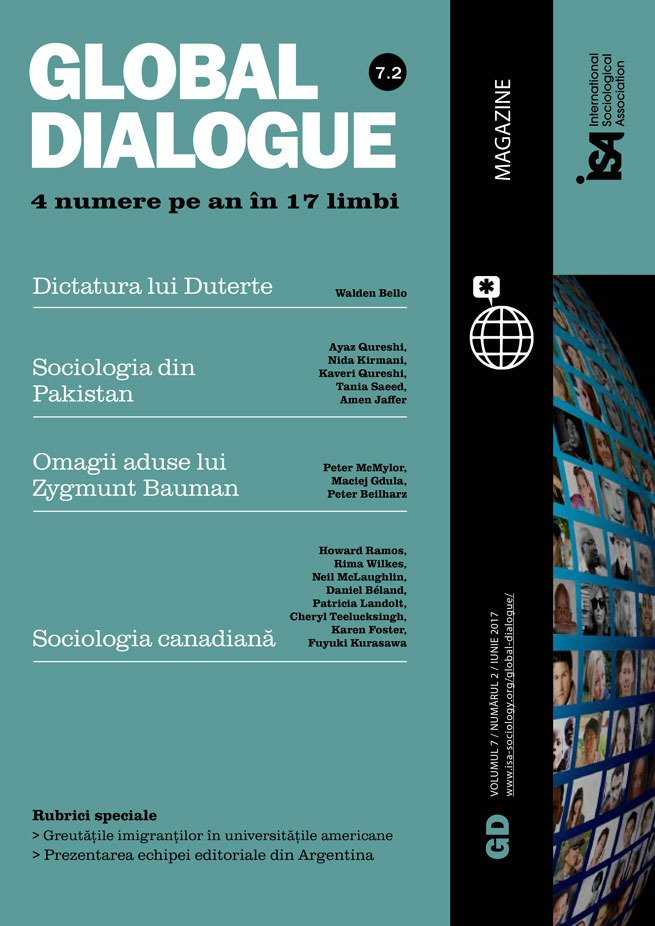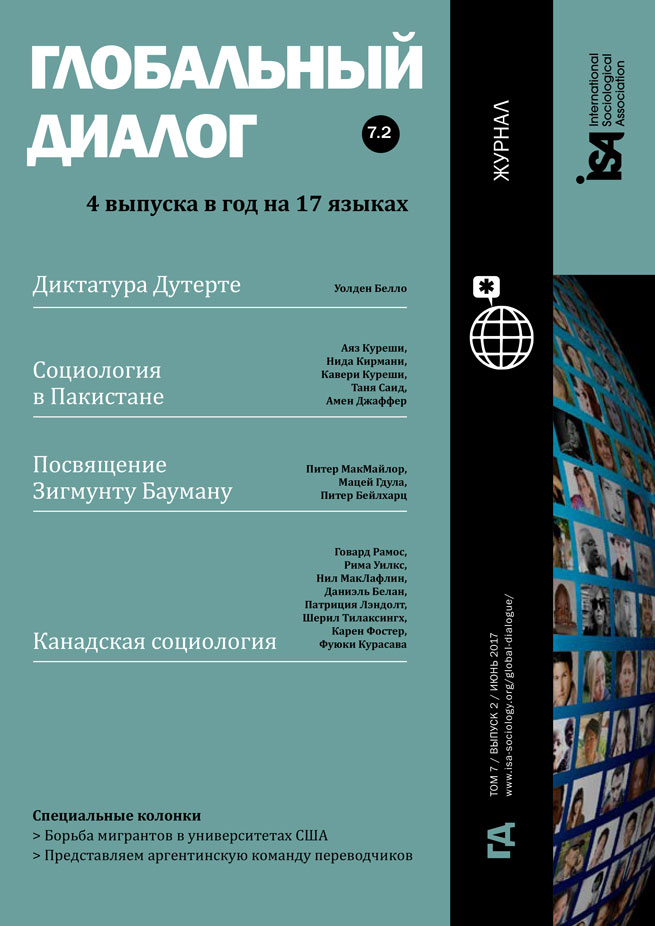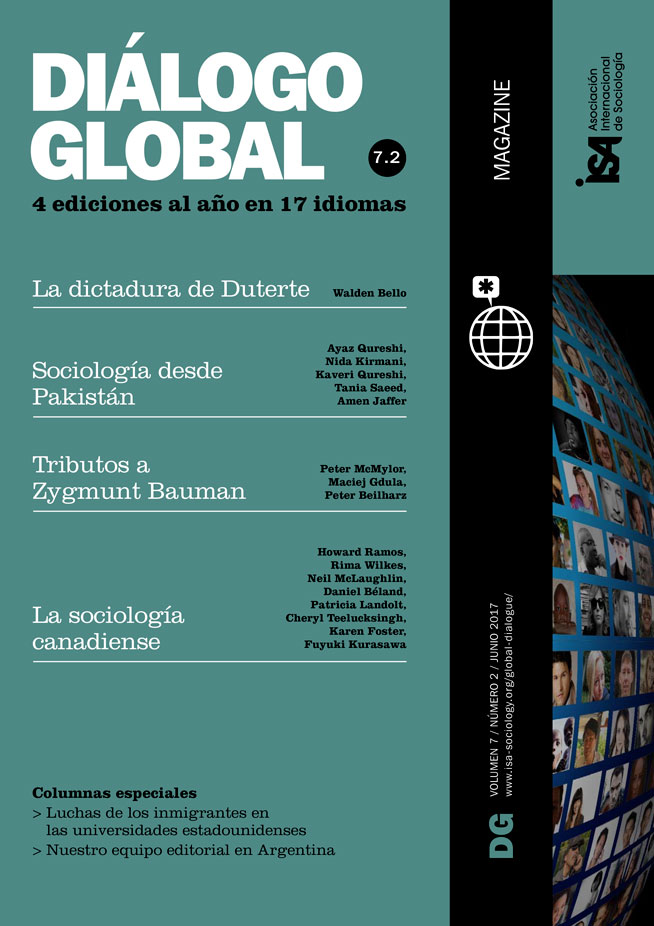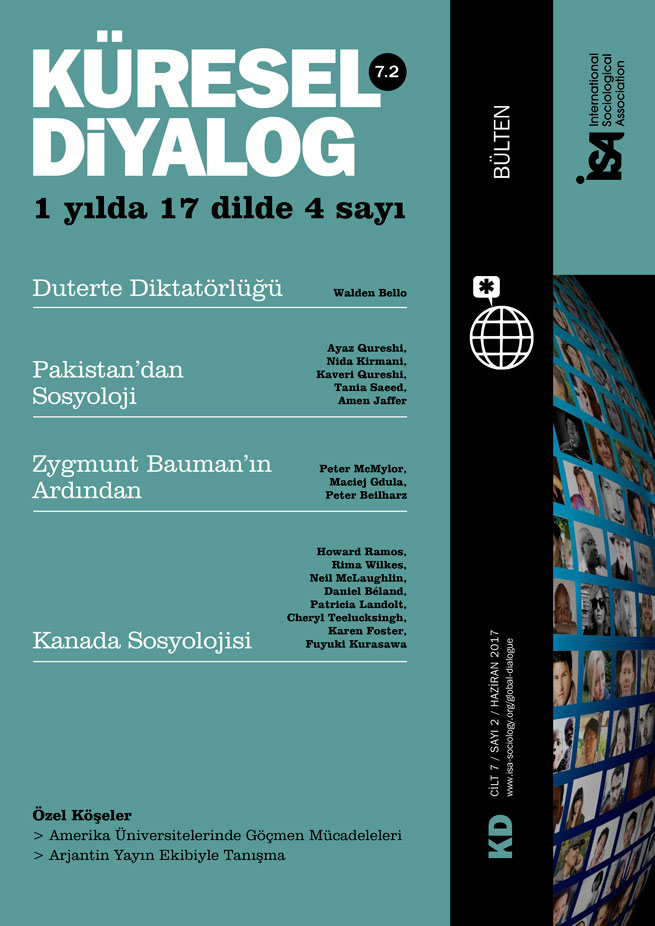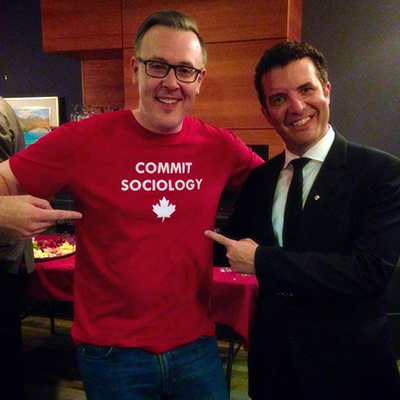In the last few years the world has witnessed the rise of nativism, xenophobia, the Brexit vote, and the election of Donald Trump. It is filled with post-truth, fake news, and stories that blame individuals for larger social problems. Overly simplistic, primordial, and individualistic assessments of social problems thrive, affecting the cultural environment in which sociologists live and work.
Increasingly, sociological approaches are dismissed by world leaders. French Prime Minister Manuel Valls, for instance, said that the discipline is a “culture of excuses,” while Canada’s former Prime Minister Stephen Harper was fond of saying that it was not time to “commit sociology” when asked about the underlying causes of terrorism or violence against Indigenous women. It would seem that sociology is out of sync with broader trends.
Many leaders and policymakers, along with many others outside academe, fail to see the usefulness of sociology. Attempts to understand the social origins and causes of violence, or to mitigate the conditions that create refugees, poverty, and other forms of inequality, are increasingly dismissed as naïve or accused of pandering to violence and extremism. This sentiment has led to department closures in Asia as well as Latin America, and it has meant that the discipline plays second fiddle to other social sciences, particularly economics and psychology.
We believe that sociology has an important role to play in the coming years. The world’s most pressing problems demand analysis of broader structural and historical dynamics, including through sociological reason and analysis.
But to do this effectively, the discipline needs to change with the times. Sociologists need to be more diverse, not just in terms of the people practicing the discipline, but also in the theories, ideas, and practices they adopt. Many outside the discipline see sociology as overly moralistic, offering predetermined prescriptions to social problems that only appeal to those on the political left.
We will benefit from insights from other disciplines, from being open to conservative voices, and from embracing experimental and cutting-edge methodologies such as non-parametric modelling, machine learning and adaptive systems modelling, as well as new forms of visual analysis and interpretative qualitative analysis. Doing so will open the discipline to new audiences.
Sociologists also need to engage broader publics, including those who disagree with their conclusions. Sociologists are often accused of using opaque jargon and sociologisms like “socially constructed” that come across as irrefutable arguments. To avoid being labelled “elite” and out of touch, we need to translate our knowledge into everyday language that appeals to those outside the academe.
It is also important to identify opportunities for sociological intervention and to act quickly. Sociologists must appreciate what has changed across societies, focusing on emerging social problems rather than being stuck in what the discipline thinks it knows, which is largely based on theories built to address the industrial revolution or, later, the experiences of the baby boom.
We need to engage longstanding issues facing societies around the world, such as class inequalities or reconciliation with Indigenous peoples and decolonization, as well as issues that have been largely missed by the discipline’s mainstream, including climate change adaptation, the rise of artificial intelligence and robotics, changing norms and expectations around gender and inter-sexuality, or the rise of autocracy around the world.
In this issue of Global Dialogue, Canadian sociologists Daniel Béland, Fuyuki Kurasawa, Patricia Landolt, Cheryl Teelucksingh and Karen Foster show how sociology contributes to public policy and knowledge mobilization, and the insights it can offer to our understanding of underlying injustices around citizenship and environment. Even in non-sociological times, sociologists can, do, and should lead the way.
With humility about the limits of our knowledge, respect for those with whom we disagree, and openness to being surprised by our own conclusions, sociologists can help cultivate the social literacy needed to navigate our current times – and in that process, will help to devise sustainable solutions to many of the world’s most pressing social problems.
Howard Ramos, President of the Canadian Sociological Association and Dalhousie University <howard.ramos@dal.ca>
Rima Wilkes, President-Elect of the Canadian Sociological Association and University of British Columbia <wilkesr@mail.ubc.ca>
Neil McLaughlin, McMaster University, Canada <ngmclaughlin@gmail.com>

